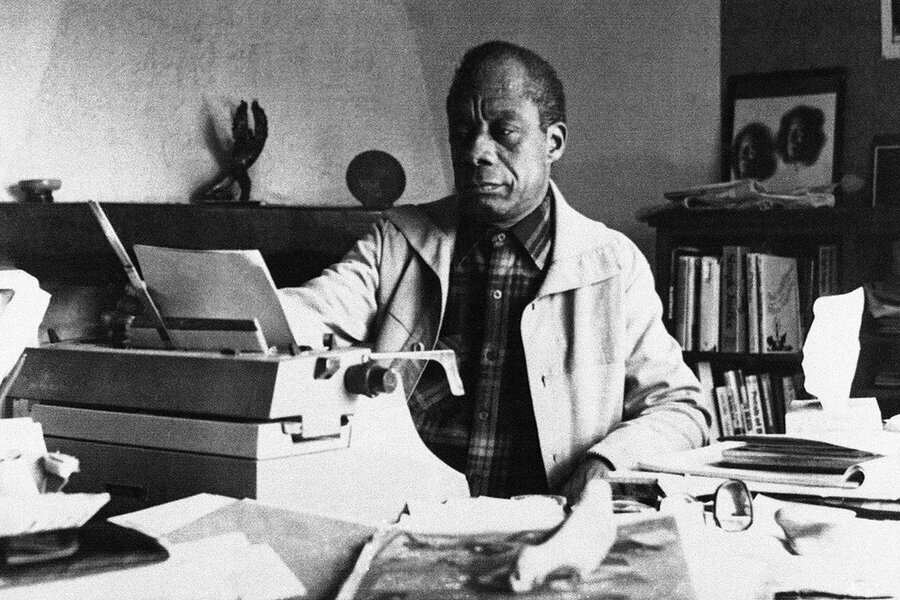Episodes
Saturday Oct 31, 2020
H. P. Lovecraft Book Club: Series 5: Episode 2: The Horror at Red Hook (2)
Saturday Oct 31, 2020
Saturday Oct 31, 2020
Part two of my review of THE HORROR AT RED HOOK by H. P. Lovecraft. Ignoring this story due to his racism, compartmentalizing his views on immigrants, or saying Lovecraft was just a man of his time will not due...and this story shows why.
Saturday Oct 31, 2020
Episode 429: Aldo Leopold: Writings 1938-1948
Saturday Oct 31, 2020
Saturday Oct 31, 2020
The third and final episode looking at Aldo Leopold's professional and private ecology writings. These cover the period of the Second World War and Leopold's growing awareness of the depth of the crisis in ecology.
Tuesday Oct 27, 2020
H. P. Lovecraft Book Club: Series 5: Episode 1: The Horror At Red Hook (Part 1)
Tuesday Oct 27, 2020
Tuesday Oct 27, 2020
The first half of my review of THE HORROR AT RED HOOK, by H. P. Lovecraft. This is a story that pulls together most of the threads from his earliest horror writings. Despite its nasty language about immigrants, it is essential reading for those interested in his philosophy.
Tuesday Oct 27, 2020
Episode 438: Aldo Leopold: Writings 1933-1937
Tuesday Oct 27, 2020
Tuesday Oct 27, 2020
A look at some more of Aldo Leopold's professional and private writings on ecology from the period when he began his work in Wisconsin, coinciding with the Great Depression and New Deal programs on conservation.
Thursday Oct 22, 2020
Episode 427: Aldo Leopold: Writings 1917-1933
Thursday Oct 22, 2020
Thursday Oct 22, 2020
Having finished A SAND COUNTY ALMANAC, we will now go back to look at Aldo Leopold's writings from the start of his career in 1917 until 1933, when he published a book on game management.
Thursday Oct 22, 2020
H. P. Lovecraft Book Club: Series 4: Episode 12: Poems, Later 1920s
Thursday Oct 22, 2020
Thursday Oct 22, 2020
In this episode of the H. P. Lovecraft Book Club I look at a bunch of horror poems Lovecraft wrote in the later 1920s.
Sunday Oct 18, 2020
Episode 426: Aldo Leopold: A Sand County Almanac (Part 2)
Sunday Oct 18, 2020
Sunday Oct 18, 2020
This episode completes my review of A SAND COUNTY ALMANAC by Aldo Leopold. The second part of the book of essays explores the human impact on ecology and proposes a solution, the Land Ethic.
Sunday Oct 18, 2020
Sunday Oct 18, 2020
The second part of my review of "Supernatural Horror in Literature" looks at the bulk of the text. Most of the essay is surveys of the major works in different periods and regions. SHIL will remain a useful guide for readers of 18th, 19th, and early 20th century horror.
Friday Oct 16, 2020
Friday Oct 16, 2020
In this episode of the H. P. Lovecraft Book Club I examine "Supernatural Horror in Literature", Lovecraft's brilliant survey of horror writing. I focus on his overall philosophy as detailed in the first chapter of this book-length essay.
Friday Oct 16, 2020
Episode 425: Aldo Leopold: A Sand County Almanac, Part 1
Friday Oct 16, 2020
Friday Oct 16, 2020
Episode one of my new series on the writings of Aldo Leopold. To begin we will explore his masterpiece A SAND COUNTY ALMANAC. It remains one of the greatest works of American ecology. In later episodes, we will look at his professional writings and journals.
Tuesday Oct 13, 2020
Tuesday Oct 13, 2020
The end of this series on H. P. Lovecraft's letters. This set is a doozy with some monster letters to Frank B. Long, Wilfred Talman, and Woodburn Prescott Harris.
Tuesday Oct 13, 2020
Episode 424: James Agee: Shorter Fiction
Tuesday Oct 13, 2020
Tuesday Oct 13, 2020
In this final episode on James Agee, I look at his shorter fiction, including "Morning Watch" and "Death in the Desert". They are all pretty excellent and worth checking out.
Thursday Oct 08, 2020
H. P. Lovecraft Book Club: Series 4: Episode 8: Letters January 1928-December 1928
Thursday Oct 08, 2020
Thursday Oct 08, 2020
Lovecraft's letters in 1928 ranged in topics from literature to modernism to race and class. I review some of these letters as I continue to work my way through the second volume of The Selected Letters of H. P. Lovecraft.
Thursday Oct 08, 2020
Episode 423: James Agee:Death in the Family (2)
Thursday Oct 08, 2020
Thursday Oct 08, 2020
In this episode I finish up my look at James Agee's novel A DEATH IN A FAMILY. I find the novel a bit more interesting in the second half as Agee explores issues of race, childhood, and maturation.
Saturday Oct 03, 2020
H. P. Lovecraft Book Club: Series 4: Episode 7: Letters October 1927-February 1928
Saturday Oct 03, 2020
Saturday Oct 03, 2020
The highlight of the H. P. Lovecraft letters from the winter of 1927-28 is Lovecraft's account of a story-length Roman dream. He mediates quite a lot about the Romans and their history, in seeming preparation for his debates with Robert E. Howard.
Saturday Oct 03, 2020
Episode 422:James Agee: Death in the Family (1)
Saturday Oct 03, 2020
Saturday Oct 03, 2020
The first part of my review of James Agee's DEATH IN THE FAMILY. This posthumously published novel won the Pulitzer Prize. I found it to be of interest, but a bit of a slog.

